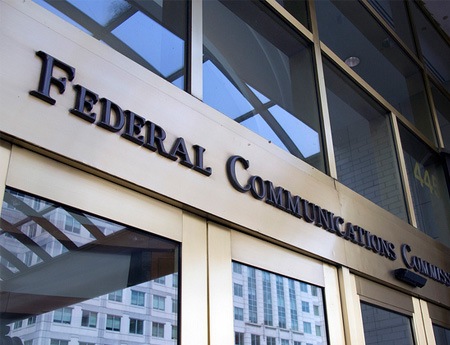Court Decision Raises Edge-Regulation Issues
The smarter way to stay on top of the multichannel video marketplace. Sign up below.
You are now subscribed
Your newsletter sign-up was successful

A new federal court ruling leaves some doubt as to who can enforce consumer protections on search engines and other edge providers, and perhaps other parts of the economy as well.
A panel of the U.S. court of Appeals for the Ninth Circuit ruled this week that the Federal Trade Commission was precluded from using its consumer protection authority to sue AT&T for not telling customers of its grandfathered mobile broadband "unlimited" data plans that their data use was being throttled back their data once it reached a certain threshold.
The FCC is pursuing a similar complaint against AT&T, which is not affected by the ruling. But the decision could have wider implications for consumer protection and privacy regs.
The court ruled that the FTC could not enforce consumer protections--including against unfair and deceptive practices on the privacy front--on any of the activities of a common carrier, including its noncommon carrier businesses
That could conceivably immunize the non-common carrier holdings of broadband common carriers like AT&T and Verizon—or Google Fiber--from Federal Trade Commission consumer protection regs, and, if those holdings were edge providers like, say a Yahoo!, the FCC could not regulate them either, at least under the current interpretation of FCC Chairman Tom Wheeler, who says the FCC lacks authority to regulate the edge.
The FCC had no comment on the ruling, saying its attorneys were still vetting the decision at press time.
“We are disappointed with the ruling and are considering our options for moving forward,” the FTC said in a statement.
The smarter way to stay on top of the multichannel video marketplace. Sign up below.
“The Ninth Circuit Appeals Court decision has blasted a big deregulatory hole in between the jurisdictions of the FCC and the FTC, which could prompt a lot of unintended consequences in the space," said Scott Cleland, chairman of NetCompetition, an eforum backed by broadand companies. "Essentially what the FTC and FCC long assumed to be true about the reach of the FTC’s legal authority and jurisdiction is now not true. Market forces could rush to fill this new vacuum in the law.”
Contributing editor John Eggerton has been an editor and/or writer on media regulation, legislation and policy for over four decades, including covering the FCC, FTC, Congress, the major media trade associations, and the federal courts. In addition to Multichannel News and Broadcasting + Cable, his work has appeared in Radio World, TV Technology, TV Fax, This Week in Consumer Electronics, Variety and the Encyclopedia Britannica.

